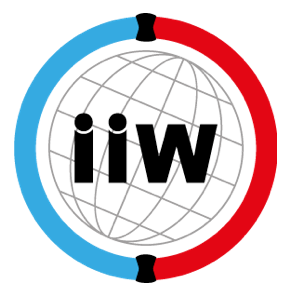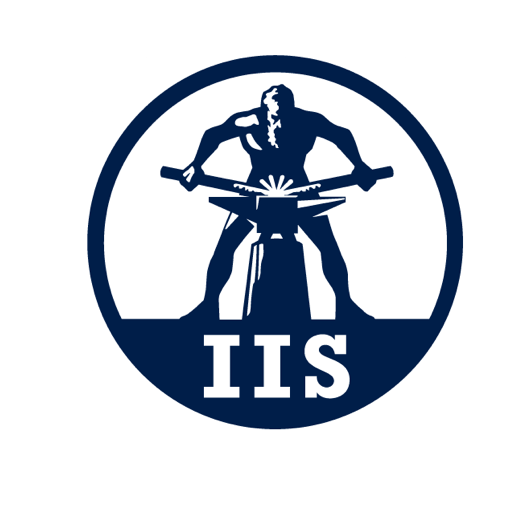The IIS Group employs around 60 qualified inspectors. Most of them are employed in our companies IIS SERVICE and IIS CERT and are able to perform second and third party inspections.
Survey, supervision, inspection and testing during workshop prefabrication
Survey, supervision, inspection and testing during worksite erection
Welding inspection
Non Destructive testing
Pre-service inspection
QA-QC inspection
Expediting
Inspection for painting and surface protection
Bolted connection inspection according to ASME PCC-1
Third Party inspection for conformity assessment of products, materials, components (NOBO inspections)
Our qualified inspectors:
IWI - International Welding Inspector
IWE-IWT-IWS
CSWIP Inspectors
CSWIP Underwater inspectors
AWS CWI (QC1) Inspector
Liv. 2 NDT EN ISO 9712 - ASNT
Liv. 3 NDT EN ISO 9712 - ASNT
FROSIO Painting Inspectors Lev. 2
NACE Corrosion Technologists and Coating Inspectors
Plant Inspectors and ASME Lev. 1 Plant Inspectors
API Inpectors (510, 570, 653)
ASME PCC-1 Inspectors (Bolting)
Painting Inpectors - AICQ
Our inspectors can carry out, witness, supervise different inspection stages provided by QCP (Quality Control Plans) of our Clients, by performing or supervising NDT, reading and interpreting X-ray films, approval of testing results.
The added value we can offer in our inspections is not only in the expertise of our own inspectors but also in the ongoing links between our site inspectors and our technical departments: Engineering, NDT, Technical Assistance, Laboratory, Certification, Education and Training. These departments are able to give technical support and assistance to smooth different issues which can arise on the job, to sort out NDT or weldability issues, to advise on the best repair procedures and provide coordination, making available reliability evaluations, fitness for service assessments, flaws acceptability reports, in real time.
The IIS Group performs inspection activities in different industrial segments, Oil&Gas, Infrastructures, Transportation and, generally, in all industrial fields in which welded components, structures, equipment are manufactured and supplied.
We operate by our own personnel and this has always been recognized as a strength point by our Clients.
When a single IIS inspector is on site, the whole IIS Group is virtually there!






